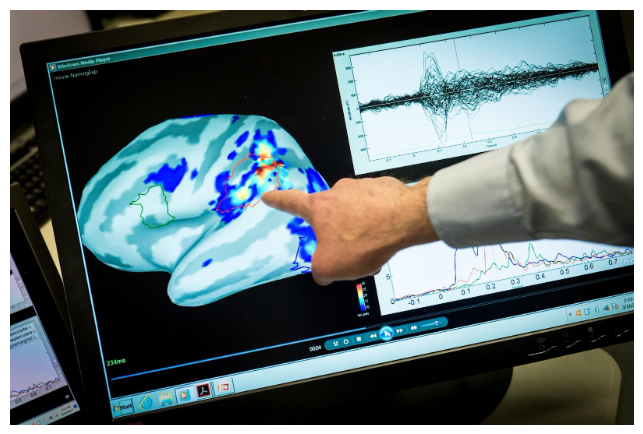Exploring the Frontiers of Brain-Machine Interfaces at NeuroControl Lab

As advancements in neuroscience and technology continue to intersect, the NeuroControl Lab, led by the renowned researcher Dr. Yuxiao Yang, stands at the forefront of pioneering work in brain-machine interfaces (BMIs). With its primary research base at yuxiaoyang.org, the lab is dedicated to unraveling the complexities of neural control mechanisms, aiming to transform the way humans interact with machines and improve the quality of life for individuals with neurological impairments.
What is the NeuroControl Lab?
The NeuroControl Lab is an interdisciplinary research center that focuses on understanding and developing BMIs. Brain-machine interfaces allow direct communication between the brain and external devices, bypassing traditional nervous system pathways. This groundbreaking work has applications across various fields, including neuroprosthetics, robotics, and cognitive neuroscience, offering hope for new therapies and assistive technologies.
Under Dr. Yang’s leadership, the NeuroControl Lab combines expertise in neuroscience, engineering, and artificial intelligence to develop systems capable of translating neural signals into physical actions. With each project, the lab aims to bridge the gap between human thought and machine operation, pushing the limits of human potential.
Key Research Areas
The NeuroControl Lab’s research spans several critical areas:
- Neuroprosthetics and Assistive Devices
One of the primary focuses of the lab is to enhance the mobility and autonomy of individuals with physical disabilities. By developing neuroprosthetics controlled by brain signals, NeuroControl Lab works on devices that respond to subtle neural cues, giving users more intuitive control over prosthetic limbs and other assistive devices. - Decoding Neural Signals
A major challenge in brain-machine interface technology is accurately decoding the brain’s complex neural signals. NeuroControl Lab employs advanced machine learning algorithms and signal processing techniques to interpret these signals with high precision. This work is essential in improving the accuracy and responsiveness of BMIs, allowing for smoother and more reliable control of connected devices. - Neurorehabilitation
Beyond physical assistive devices, the NeuroControl Lab also explores ways to support rehabilitation for stroke and injury patients. Using BMIs and feedback systems, the lab’s research has the potential to stimulate neural pathways, helping individuals regain lost functions by retraining the brain and body to work in tandem again. - Human-Robot Interaction
The lab’s research also delves into enhancing the interaction between humans and autonomous robots. By using neural signals to guide robotic actions, NeuroControl Lab envisions a future where individuals can intuitively control household or workplace robots, reducing the need for manual operation and fostering seamless human-robot collaboration.
Innovations and Breakthroughs
The NeuroControl Lab has made numerous breakthroughs in neurotechnology, many of which are featured on yuxiaoyang.org. These innovations include developing adaptive algorithms that personalize the BMI experience, improving both accuracy and ease of use for the end user. Additionally, the lab has developed non-invasive solutions, such as EEG-based interfaces, which broaden accessibility by eliminating the need for invasive implants.
Another area of innovation is in miniaturizing and optimizing hardware, making wearable BMI devices more feasible and affordable. These developments have not only advanced the lab’s research capabilities but also paved the way for commercial applications that may one day benefit patients and consumers alike.
The Future of Brain-Machine Interfaces
The future of BMIs is bright, and NeuroControl Lab is leading the way in making these technologies accessible, reliable, and effective. With further research and technological refinement, BMIs could offer unprecedented independence to people with severe disabilities, empower users in various industries, and perhaps even create a future where humans and machines interact seamlessly.
As NeuroControl Lab continues its work, yuxiaoyang.org remains a valuable resource for staying updated on the latest research developments, publications, and insights into brain-machine interface technologies. Through collaborative projects and cutting-edge research, Dr. Yang and the NeuroControl Lab are committed to advancing humanity’s understanding of neural control and its applications.
Visit yuxiaoyang.org for More
For more information on NeuroControl Lab’s latest projects, research findings, and contributions to the field of brain-machine interfaces, visit yuxiaoyang.org. This platform serves as a hub for researchers, students, and industry experts interested in the exciting advancements of NeuroControl Lab.
